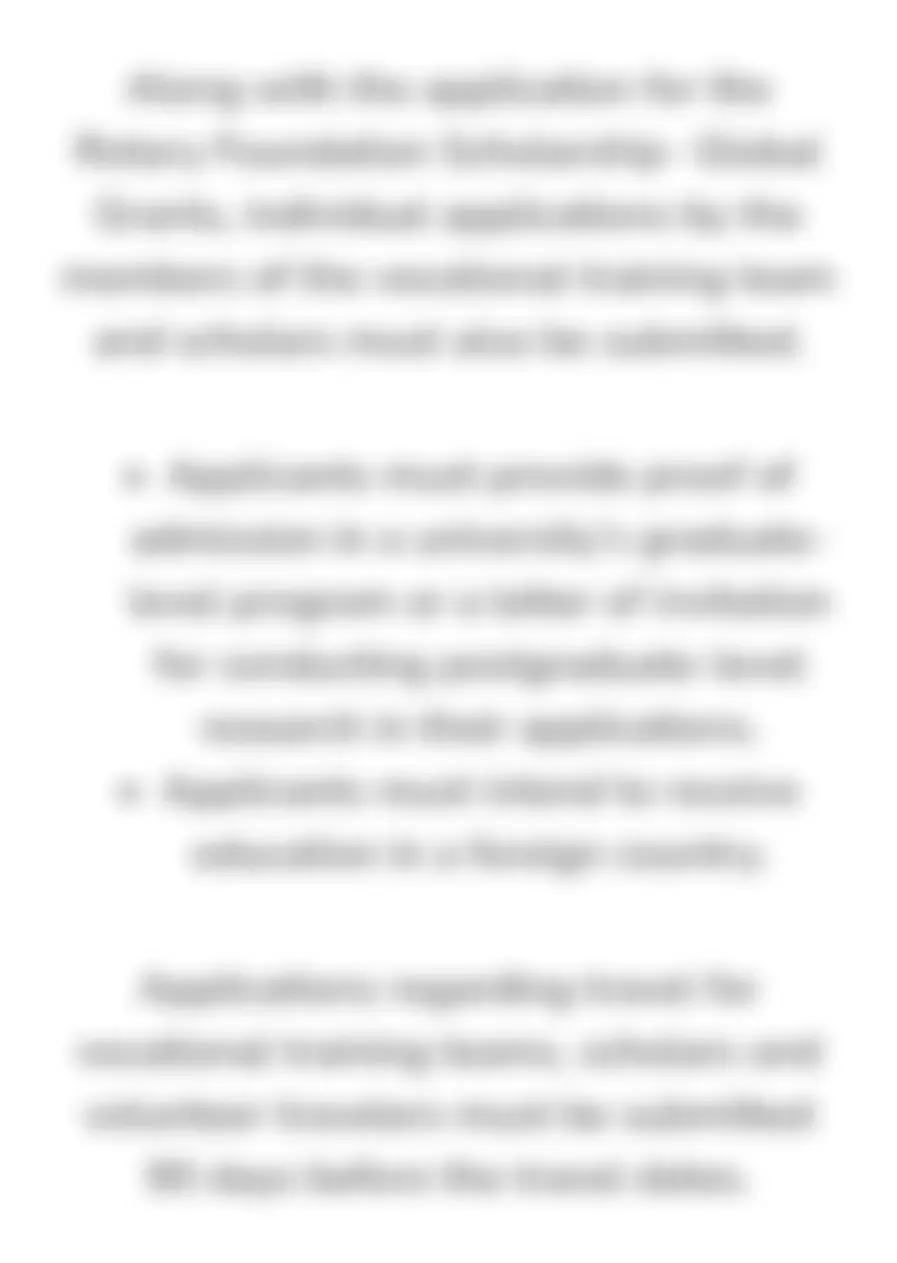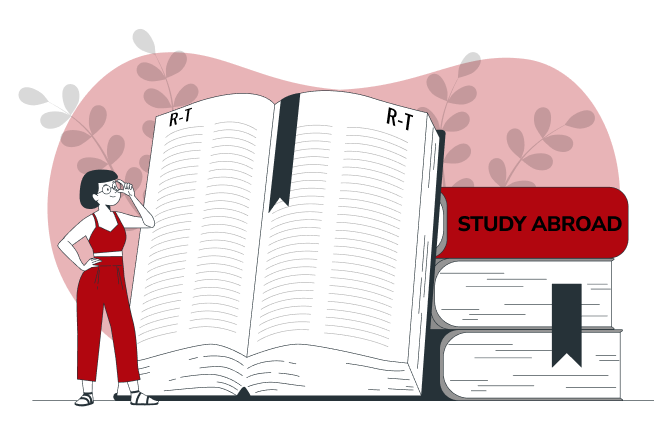QS Rank:

46

The University of British Columbia, Vancouver

British Columbia
,Canada

Program Name
MEL in Clean Energy Engineering
Overview
The Master of Engineering Leadership (MEL) in Clean Energy Engineering program at The University of British Columbia, Vancouver is designed to meet the urgent global demand for innovative solutions in energy systems. In an era where sustainability and environmental consciousness are pivotal, this program provides an in-depth exploration of modern energy systems, blending engineering principles with sustainable practices. The curriculum is tailored to address the complexities surrounding clean energy technologies, equipping graduates with the skills necessary to drive forward-thinking solutions in renewable energy and sustainable infrastructure.
This program offers a comprehensive curriculum that covers a myriad of topics crucial for a proficient understanding of Clean Energy Engineering. Students engage in an extensive range of courses, including but not limited to Renewable Energy Systems, Energy Storage Technologies, and Sustainable Urban Development. The unique integration of theoretical knowledge with practical applications ensures that graduates not only understand the underlying concepts but also how to implement them in real-world scenarios. The program's rigorous academic structure is complemented by hands-on projects that challenge students to innovate and solve contemporary energy challenges.
One of the standout features of this program is the exceptional faculty. The teaching staff comprises leading experts in the field of Clean Energy Engineering, with experience in research, industrial applications, and policy development. Their diverse backgrounds and extensive knowledge contribute to an engaging learning environment where students are encouraged to explore their interests deeply. Faculty members are accessible and dedicated to student success, often mentoring students through research projects and guiding them towards fruitful career paths post-graduation.
At UBC, students benefit from state-of-the-art research facilities and resources that enhance their academic experience. The university promotes a culture of innovation, encouraging students to engage in research projects that address pressing issues related to energy sustainability. Opportunities to collaborate with industry partners further enrich the research experience, as students are often involved in real-world projects that have significant impacts. These collaborations may lead to internships or job offers, making the transition from academic life to professional careers smoother and more integrated.
Career prospects for graduates of the MEL in Clean Energy Engineering program are promising and varied. The energy sector is rapidly evolving, and with the global shift towards sustainable practices, there is a high demand for professionals equipped with knowledge in renewable energy technologies. Graduates typically find positions as Renewable Energy Engineers, Energy Analysts, Sustainability Consultants, and Environmental Engineers among others. The program’s strong emphasis on practical experience, coupled with UBC's robust industry connections, facilitates a high placement rate for graduates.
In terms of alumni success stories, many graduates have gone on to make significant contributions to the field of clean energy. They have assumed leadership roles in prestigious organizations, developing and implementing innovative energy solutions that reflect their training and education from UBC. Testimonials from alumni frequently highlight the program's transformative impact on their careers, emphasizing the blend of rigorous coursework and invaluable industry exposure they received while studying.
Unique features that distinguish the MEL in Clean Energy Engineering program at UBC include its multidisciplinary approach and focus on leadership in the engineering sector. The program not only enables students to gain technical expertise but also hones essential leadership and management skills, preparing them to take on challenges in their future careers. Additionally, UBC’s campus offers a vibrant student life with a diverse international community, enhancing the overall educational experience.
To be eligible for admission into the MEL in Clean Energy Engineering program, applicants must possess a bachelor’s degree in engineering or a related field, along with relevant work experience. Standardized tests such as the GRE may be required based on the applicant’s academic background. Proficiency in English is mandatory, with minimum score requirements for TOEFL (90), IELTS (6.5), and PTE (65). The application process requires submission of academic transcripts, a resume, and letters of recommendation from academic professionals who can speak to the applicant's capabilities and potential in the field.
Why Study Clean Energy Engineering at The University of British Columbia, Vancouver
- A globally recognized program within a top-ranked university (QS Rank: 46) that attracts students from all corners of the world.
- Gain hands-on experience through cutting-edge labs and research facilities that support innovative projects in clean energy.
- Access a strong network of industry connections, fostering internship opportunities and job placements post-graduation.
- Learn from leading faculty members, who are not only educators but also active researchers and industry professionals.
- Experience a unique blend of technical training and leadership development, setting you apart in the job market.

Duration
12 Months

Median Salary
$80,000
Ranking

#46
QS World University Rankings
Class Profile


Want to Know More? 🤔
Sign up now to access detailed information tailored for your study abroad journey.
Start your journeyCareer Outcomes

Median Earnings After Graduation
$80,000 / year
Prospective Job Roles
Renewable Energy Engineer
Green Building Consultant
Energy Engineer
Sustainability Consultant
Environmental Engineer
Top recruiters




Eligibility Criteria
English Proficiency Tests
TOEFL
90

IELTS
6.5

PTE
65

Application Requirements
Here's everything you need to know to ensure a complete and competitive application—covering the key documents and criteria for a successful submission.

Transcript

Academic LOR

Resume
Application Deadlines
Fees and Funding

Tuition Fees
$56,541 / year
Funding Options
External Sources - Scholarships
Department Funding
Scholarships

UBC Clean Energy Engineering Scholarship
FAQs
A student can complete Clean Energy Engineering at The University of British Columbia, Vancouver with in 12.
The application fee to pursue Clean Energy Engineering at The University of British Columbia, Vancouver is CAD 168 for international students.
The annual tuition fee to pursue Clean Energy Engineering at The University of British Columbia, Vancouver is CAD 56541.
The submission of these scores mainly depends on the type of degree/ course selected at the The University of British Columbia, Vancouver. For example, the GMAT test is required to take admission to an abroad graduate management program, the LSAT is required during an abroad Law School admission process, and more. Therefore, check The University of British Columbia, Vancouver requirements before submitting a score.
Clean Energy Engineering can help Indian/ international students gain: 1. Quality and Practical Education 2. Global Recognition 3. International Exposure 4. Amazing Job Opportunities 5. Experience of Lifetime and more
If a student fulfils all the eligibility criteria and admission requirements of The University of British Columbia, Vancouver, they can easily pursue Clean Energy Engineering. The basic eligibility criteria include the following: 1. A GPA above 3 2. Well-written Statement of Purpose 3. An impressive Letter of Recommendation 4. A Work Experience Certificate (if required) 5. A Statement of Financial Proof 6. Academic Transcripts 7. Valid Visa, etc.
An MS degree at The University of British Columbia, Vancouver can usually be completed in 2 years. However, many universities offer a 1-year master’s specialisation as well. You can explore the official The University of British Columbia, Vancouver website to check the course/ degree duration.
One can apply for scholarships to pursue their international education at The University of British Columbia, Vancouver by: 1. Looking for country-specific scholarships by contacting the specific scholarship institutions. 2. Applying to or finding out if any subject-specific scholarships are available from the university website/ department.









Ready to elevate your study abroad journey?
Book a call with us now and take the first step towards your global future!
We Value Your Privacy
We use cookies to improve your experience, analyse performance, and personalise content. Learn more in our Privacy Policy.















